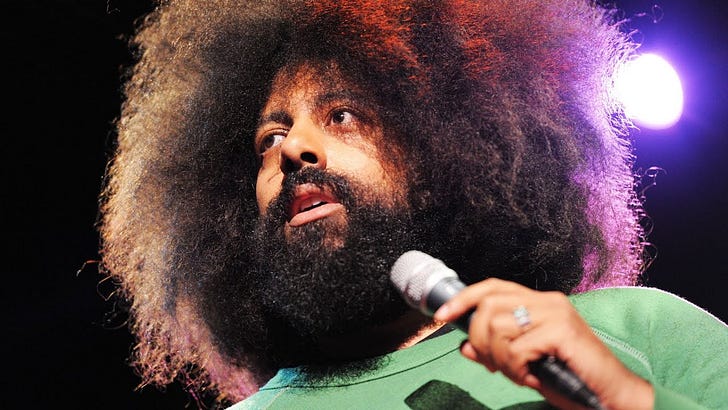Hey! What happens when you can no longer defend yourself?
The vile hatred that defines a villain is a powerful motivator. A rallying call for some and a twisted ethos for others, those spikes struck into stories drive everything forward.
And then it becomes a question of means or ends. Can one justify the other? Or does a tortured past never redeem a fallen soul?
Oh, how quickly things get interesting!
The cruelty of one’s enemy and the lengths they’re willing to go.
The sacrifices needed for the hero to save the day.
Like an animal trapped in a corner, we might be tempted to call such inexcusable actions lapsed judgment, lashing out, collateral damage, or the greater good.
It’s like the writer is asking us if a given scene has a bad reason behind it.
Personal Preference
Following last week’s discussion on good reasons, I wanted to take a look at the other side of that coin.
And conveniently, that coin has two chaotic faces.
A bad reason, as in cruel and selfish.
A bad reason, as in nonsensical and irrelevant.
For example:
I hate you and I hate toast, but you love toast, so I ate all the toast.
Or
I could still taste the butter from the toast (there was never any butter on the toast).
I wanted to put into question the very ideals I spent some time developing and describing.
In other words, does a narrative really need a cathartic connection from point A to point B?
And no, I don’t mean this lack of logic as a surreal effect. However, you’ll notice that this very newsletter is jumping between two ideas of “bad” with little in the way of connective tissue.
To reiterate, I mean bad in two broad ways:
An unimportant detail changed or forgotten on a whim, with no consequences
A vile act that is only understandable with a twisted logic
Looking first at the former, some of you may have caught this problem when I cited the overused example that is “THE EAGLES” in the Lord of the Rings.
There are some convoluted explanations that make some sense of it. Fans have pored over the lore and narrative circumstances of everything that was happening in-universe and found somewhat satisfying answers.
However, people actually asked Tolkien about this very plot hole all the time. His answer is easy to find.
“Shut up.” — J.R.R. Tolkien
As a philologist with a deep appreciation for the role of written traditions and ancient epics in human culture and history, I believe he understood the importance of stories as an act of performance. One where the scenes and characters carry the audience away without needing to make sense of everything.
After all, recording the banalities of every detail is the role of the historian or the accountant. Not the bard.
An emphasis is placed more on having emotional high notes and meaningful low notes than on making sure every line and word is 100% consistent.
In fact, I find most narratives are more than willing to sacrifice the latter to strengthen the former.
Striven Order
Even in cases where a villain is simply vile, humanizing that irrational behavior with a good reason is a temporary band-aid solution. The problem of never originally fully fleshing out the idea remains.
And that old festering wound will be obvious to anyone who looks. What’s left is a circular logic where the bad guy is evil because they are evil.
One great example of leaning into that tension comes from the villain Zenos yae Galvus in Final Fantasy XIV. This is a character who always had vague motivations at best. He seemingly only cared about the protagonist because it would be a good boss fight.
As this built into increasingly over-the-top cruelty, someone outright asks him why he’s doing all of this.
The answer is something I’ve wanted to steal since the moment I saw it. And I suppose this is a spoiler for those who care. You can skip to the next section to avoid it.
Would you be "happier" had I a "good reason"? If my motives met with your approval, would you no longer resent the outcome? If so, then perhaps a beast's skin would suit you better.
A rather clever tongue-in-cheek admittance from the writer that there never really was a grand plan.
Probably not one that made a whole lot of sense.
But would that even matter?
My Answer
Personally, I still try to keep things consistent. As I said, I enjoy the challenge of that puzzle, figuring out how pieces that shouldn’t fit together actually can.
I do generally focus more on the broader scope catharsis and making sure the long threads of a story are well woven before I look at the individual stitches.
But the combination of these layers is perhaps an aspect of my writing of which I’m most proud.
I like to say I have an almost lyrical style in my lines while gathering my thoughts into a quasi-philosophical structure for the overarching story.
Or as I saw myself recently described: a man between pop culture detritus and sacred text.
Until next time.
—JMB





